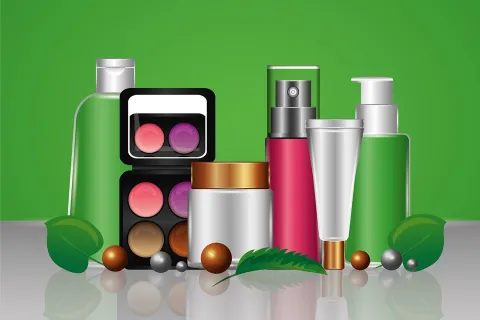
Costa Rica’s cosmetic market offers lucrative opportunities for international brands, thanks to its growing demand for personal care products. However, companies seeking to enter this market must navigate the country's regulatory framework to ensure product safety and compliance. Costa Rica’s cosmetic regulations are primarily enforced by the Ministry of Health (Ministerio de Salud), which oversees product registration, labeling, safety, and post-market surveillance.
In this blog, we provide a detailed overview of the key cosmetic regulations in Costa Rica, highlighting the essential steps for compliance.
Regulatory Authority and Key Laws
In Costa Rica, the Ministry of Health is responsible for regulating cosmetic products to ensure they meet safety and quality standards. The primary law governing cosmetic products is Executive Decree No. 34482-S, which outlines the requirements for the importation, manufacturing, registration, and distribution of cosmetic products. This decree emphasizes consumer safety and mandates that only authorized products can enter the Costa Rican market.
Product Registration Process
Mandatory Registration: All cosmetic products, whether locally manufactured or imported, must be registered with the Ministry of Health before they are placed on the market. The registration process ensures that the products comply with Costa Rica’s safety standards, including ingredient safety, proper labeling, and packaging requirements.
Application Submission: To register a product, companies must submit a detailed application to the Ministry of Health, which includes:
- Product information
- List of ingredients (in line with international cosmetic ingredient guidelines)
- Product label samples (including claims, warnings, and manufacturer details)
- Safety and Efficacy data
- Good Manufacturing Practices (GMP) certification or equivalent documentation
Evaluation and Approval: Once the application is submitted, the Ministry of Health evaluates the documentation and may request additional information or clarifications. If the product meets the required standards, it will be granted a registration certificate, which is valid for five years and can be renewed.
Labeling Requirements
Cosmetic products in Costa Rica must comply with specific labeling standards to ensure transparency and consumer protection. The labels must include:
- Product name and description
- Full ingredient list (using the International Nomenclature of Cosmetic Ingredients, INCI)
- Net Weight/Volume
- Manufacturer’s name and address
- Country of origin
- Instructions for use and warnings (if applicable)
- Batch number and expiry date
The labeling information must be in Spanish, although bilingual labeling is permitted as long as Spanish is included.
Safety and Ingredient Regulations
Costa Rica follows international guidelines for cosmetic safety, including adherence to ingredient lists from recognized authorities like the European Union and the United States Food and Drug Administration (FDA). The Ministry of Health prohibits the use of harmful substances, and certain ingredients are restricted or banned. Manufacturers must ensure that their products do not contain any prohibited ingredients and that any restricted substances are used within the allowed concentrations.
Conclusion
Understanding Costa Rica’s cosmetic regulations is essential for companies looking to enter this growing market. To successfully launch your cosmetic products in Costa Rica, compliance with regulatory standards is crucial. Ensure your brand’s smooth entry by partnering with our experts at Freyr, who can guide you through the registration process and keep you informed of local requirements. Contact us today to learn how we can help streamline your regulatory compliance in Costa Rica!









